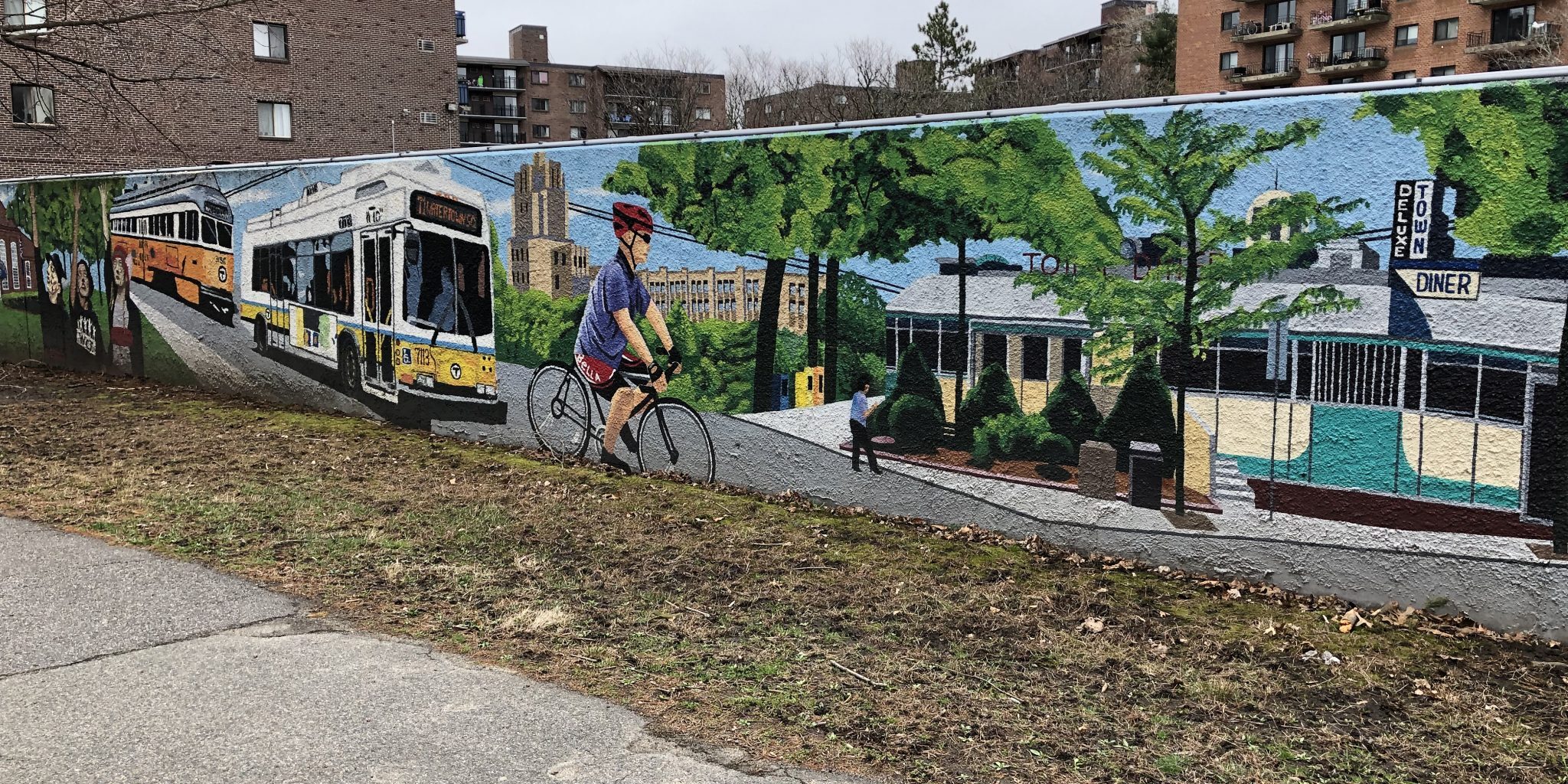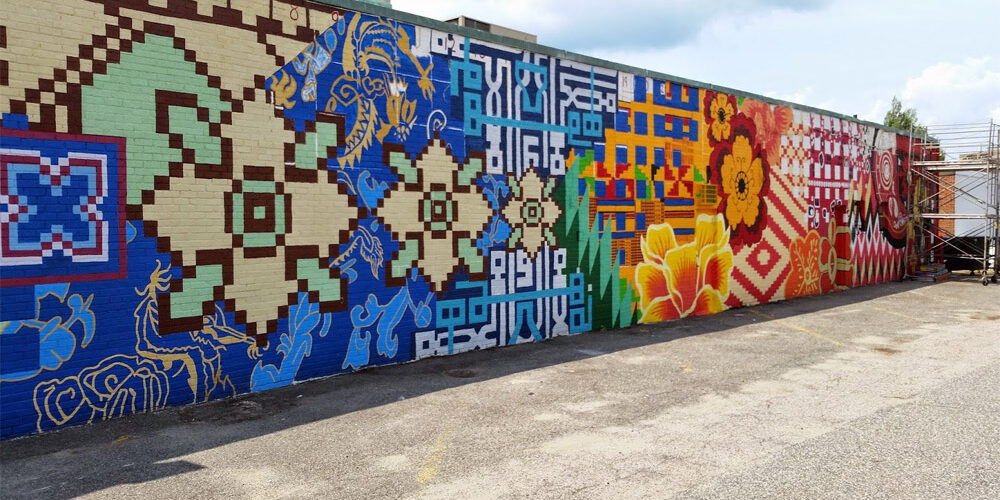
MAPC
Smart Growth & Regional Collaboration
Watertown Public Arts Master Plan
Advancing a thriving arts and culture ecosystem for Watertown.
In 2019, the Town of Watertown received a technical assistance grant from MAPC to assist with the creation of a Public Arts Master Plan. The Plan, which outlines a vision and values for public arts in Watertown and public arts program recommendations, was officially adopted by the Watertown Town Council on February 23, 2021.
Working in partnership with the City’s new Public Arts and Culture Planner and Public Arts and Culture Committee (PACC), MAPC is supporting strategic planning, research, development of a public arts and culture policy that articulates goals, values, and priorities of the Public Arts and Culture Program, the structure of the PACC, funding sources, and decision-making processes.
Public Arts and Culture Committee meetings are held monthly and are open to the viewing public. More information about the Committee and meeting information can be found at www.watertown-ma.gov/614/Public-Arts-and-Culture-Committee.
QUESTIONS?
For more information about the project, contact MAPC Arts & Culture Director Annis Sengupta at [email protected].
News
Stay Up to date on this project!
Get the latest news and updates by signing up for our email list.

Planning for Public Art
The Watertown Public Arts Master Plan, developed from 2019-2020, was brought to life through the generosity and participation of nearly 600 people who live and work in Watertown. Individuals of all ages and walks of life contributed content to the planning process through interviews, participation in focus groups, attendance at public events, and completion of a Public Arts Interest survey.
To develop the plan, MAPC staff worked with the Watertown Department of Community Development and Planning and an Advisory Committee that included representatives from a grassroots public art committee, Watertown Public Schools, and arts and cultural businesses and nonprofit organizations.
The Plan:
- Articulates a vision for infusing the arts into the public realm in Watertown;
- Inventories public arts assets and opportunity areas; and
- Makes recommendations for the creation of a management structure to guide the public art selection process and mechanisms for securing consistent funding streams for the development, construction, and maintenance of commissioned projects.
The Plan outlines a vision and values for public arts in Watertown, provides a snapshot of the Town’s current public arts ecosystem, details the community engagement that helped shape the plan, and provides public arts program recommendations and implementation steps.
Click here to download the Watertown Public Arts Master Plan.
Vision
The mission of the Watertown Public Arts and Culture Program is to integrate creative expressions and ideas into a variety of public settings for the benefit of the people of Watertown and visitors to the community.
This plan envisions a program that leverages artists’ unique abilities to act as connectors
across generations, cultures, and geographies. It aims to support artists in pursuit of inclusive and collaborative projects that nurture the creative potential—and honor and engage the cultural experiences—of Watertown diverse residents, and in which all residents are empowered to take an active role in shaping Watertown’s public cultural life.
Guiding Values
Download the full plan to learn more about these values.
- Foster diversity and inclusion
- Bolster creativity in community life
- Center local context and identities in engaging with Watertown's past, present, and future
- Make connections to nature and sustainability
- Solidify commitments to the public arts through stable funding investments and partnerships
Core Recommendations
Download the plan for more information on these recommendations.
What else is in the plan?
The rest of the plan includes guidance on:
- Program administration for a public arts authority
- Project and site selection
- Artist and artistic concept selection
- Case studies
- Collections management
- Program funding
- Policy considerations
- Implementation
